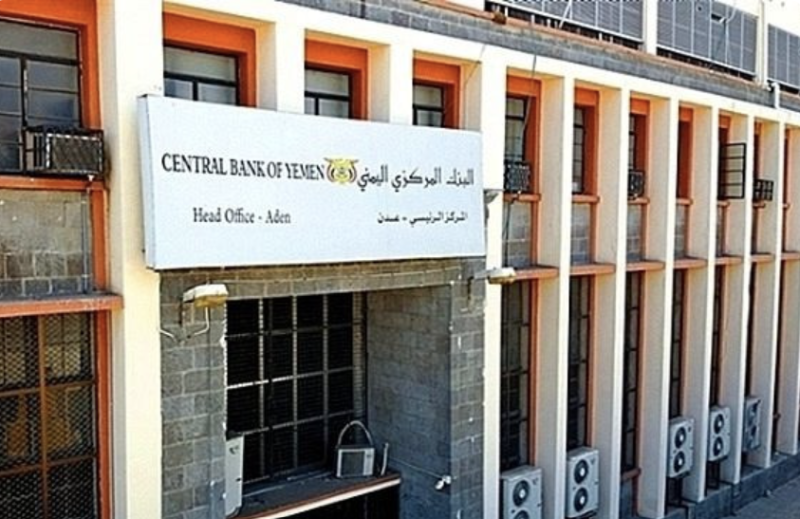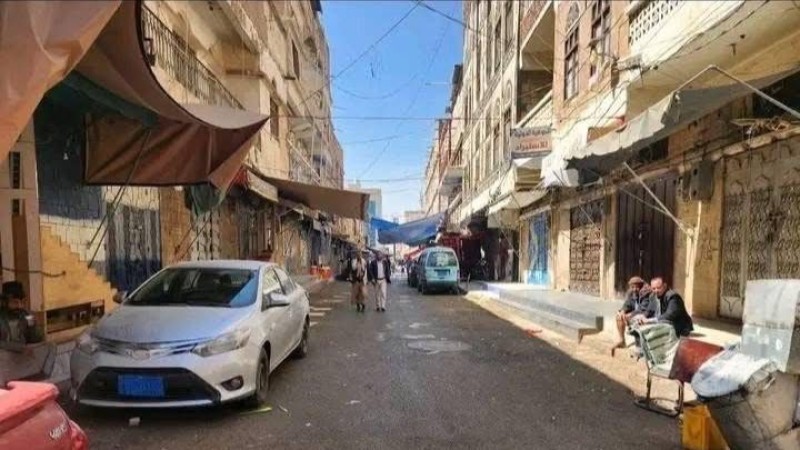Violence Grows in Yemen as Al Qaeda Tries to Fight Its Way Back


Yemen — When Houthi fighters swept into this town and broke the grip of Al Qaeda, they were greeted by grateful residents, relieved that a months-long ordeal of bombings and assassinations by the militants might be coming to an end.
That was in October. And for a time, the Houthis were able to bring “security and stability” to Rada, said Abdullah Idris, a resident who said he had lost a relative in a Qaeda suicide bombing. He was doubtful it would last. “Al Qaeda regrets leaving Rada,” he said. “They will take their revenge.”
A few days after Mr. Idris spoke last month, militants sent two car bombs to attack a Houthi checkpoint, the explosions shredding a passing school bus and killing 16 girls, part of a nationwide outburst of violence.
After Houthi fighters seized control of the Yemeni capital of Sana in September, promising radical political reforms, their supporters were hopeful that they could restore a stability that has eluded Yemen since the uprising against the country’s longtime ruler, Ali Abdullah Saleh, in 2011. Houthi fighters fanned out across the country to assert their control.
Instead, Yemen is reeling from some of the worst carnage in years as militants, especially Sunni extremists with Al Qaeda in the Arabian Peninsula, have retaliated with growing ferocity.
Rather than capitulate in the face of superior force, as many had hoped, the Sunni militants appear galvanized by the swagger and strength of the Houthis, whose leaders they have derided as heretics because they are members of the minority Zaydi sect, an offshoot of Shiite Islam. The Houthis have exacerbated the tensions by pursuing the militants but also more mainstream political rivals.
The attacks flare almost daily now, with dozens of civilians killed in the last few weeks. The latest was on Wednesday, when a car bomb killed at least 38 people lined up to apply for positions at the police academy in Sana.
The government of President Abdu Rabbu Mansour Hadi, seemingly powerless to stop the bloodshed, is growing weaker as the Houthis, who now oversee spending in several ministries and have fired officials they oppose, gain in power. Many fear there is worse to come, as regional rivals like Saudi Arabia and Iran play an increasingly incendiary role, amid mounting evidence that they are actively supporting the opposing factions.
As anger at the militants has flared, so too has impatience with Yemen’s political class for leaving the country rudderless. Near the scene of the police academy bombing on Wednesday, Fahd al-Sharaei, who works in a nearby shop, said, “To be honest, I hold no one responsible but the two presidents of Yemen: Abdu Rabbu and Abdul-Malik,” referring to the sitting president as well as the Houthis’ young leader, Abdul-Malik al-Houthi.
“We have a president with no authority and a government with no power,” said Raidan al-Mutawakel, the leader of a fledgling political party. “If things are not resolved, it will be total chaos.”
His father, Muhamed Abd al-Malik al-Mutawakel, a well-known political activist seen as a conciliatory figure, was gunned down in November as he took his daily stroll outside his home in Sana, a victim of the inescapable and capricious violence stalking the country.
The Houthis were hardly the only party to blame for the country’s downward trajectory, his son said. A transitional process that was supposed to pull Yemen away from decades of authoritarian rule, backed by Persian Gulf states and Yemen’s Western allies, had been “badly managed,” Mr. Mutawakel said. As a result, Yemen was left to contend with “the absence of the state.”
The United States, which views Yemen as a close ally in its fight against Al Qaeda, has been left in an increasingly precarious position. American officials have continued to back Mr. Hadi, despite his evaporating authority.
The Houthis represent the strongest challenge in years to American influence in Yemen and have been sharply critical of policies that have stoked anger here, including the United States drone strikes against Qaeda members.
Yemeni officials and Western diplomats say that the Houthis are supported financially by Iran, which Houthi leaders deny. Instead, they frame their relationship with Iran as one of shared antipathy to the United States. “What brings us together with Iran is the American project in the region,” said Mohammed al-Bukhaiti, a member of the Houthi political bureau.
Both the United States and the Houthis have had to contend with the rising threat from Al Qaeda, blaming each other for policies that have fueled its resurgence. The consequences have become ever more perilous: Al Qaeda has used searing anti-Shiite rhetoric to describe the Houthis, leading to fears that the fighting could devolve into the kind of sectarian bloodletting plaguing Syria and Iraq or spiral into attacks beyond Yemen’s borders.
Diplomats fear that Saudi Arabia, concerned about Iran’s influence, is playing an increasingly destabilizing role by withholding aid to the Yemeni government and financing the Houthis’ rivals.
So far, the Houthis have played down their losses on the battlefield. But more and more, they are bogged down in the fighting as the extremists win new allies.
In Rada, a Houthi commander boasted about how his forces had vanquished Al Qaeda “in 24 hours,” while sitting just feet away from the site of a bombing that killed more than 15 people, a crumbling reminder that the militants remained more than able to carry out devastating attacks.
In the city, the signs of Al Qaeda’s tenure seem more ominous than abandoned, given the militants’ continued strength: a black flag painted on a wall and a bomb crater, sunk among a muddle of stalls in a busy market.
But the Houthis seem undeterred. The group started as a cultural revival movement, fighting for greater recognition of Zaydis in northern Yemen. It fought six brutal wars against the government, weathering airstrikes and shelling on cities and towns. When its military forces traveled south to the capital in late September, propelled by powerful grievances, they carried public promises from their leaders to fight corruption and restore the ideals of the uprising that unseated President Saleh.
Gangly teenagers took up positions at Houthi checkpoints throughout the capital. Their supporters played Houthi anthems from cars, testimonials to a movement forged in battle. “My heart longs for every gun and rifle,” went one. “And for that, I swear to God, I’ll give my life.”
Senior Houthi officials have continued to insist that the forceful steps they have taken so far — their military advances and their interference in ministries — are necessary to reform Yemen’s ossified politics. “Corruption is rife in all the government institutions,” said Mr. Bukhaiti, of the Houthi political bureau. “The only way to deal with this corruption is through pressure, and revolutionary power.”
But some have accused the Houthis of wielding that power in a domineering and inscrutable manner. Nadia Sakkaf, a former journalist who was named Yemen’s information minister in November, said that the Houthis’ anticorruption drive had recently focused on the largest state newspaper. She and Houthi representatives agreed on a plan whereby ministry employees would help the Houthis investigate the corruption allegations.
But the Houthis went further, descending on the offices of the newspaper and “dictating what should be published and what shouldn’t,” including praise for the Houthis’ so-called popular committees of local supporters, Ms. Sakkaf said. Earlier this week, the Houthis fired the newspaper’s editor in chief.
Other reports of overreach by the Houthis, including attacks by their supporters on the houses of political rivals, have raised questions about how much control the leadership exerts over its expanding ranks. When the Houthis took control of Sana University, fighters did not content themselves with providing security but acted like religious police, separating couples and scolding a woman for dressing too provocatively, several students said.
In the mass communications department, students took charge of a media campaign to oppose the Houthis. “We want progress, and they are here with guns,” said Ahmed Mehdi, 20. “We don’t know what they’re going to do next.” Eventually, the Houthis bowed to the pressure and withdrew most of their men from the university.
NY Times

ADEN — Yemen Airways, the country’s national carrier, announced it will resume flights between Aden and Abu Dhabi beginning in January…

Aden — The United States Ambassador to Yemen underscored the critical importance of safeguarding the independence of the Central Bank of Yeme…

Sana’a – A new international report has confirmed that Houthi militias continue to escalate economic measures against the commercial se…